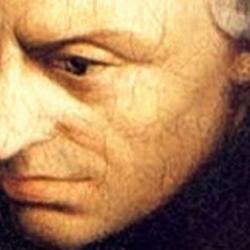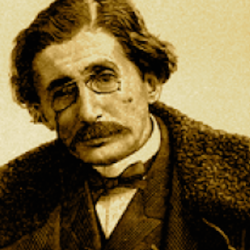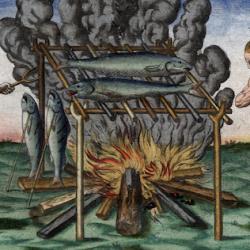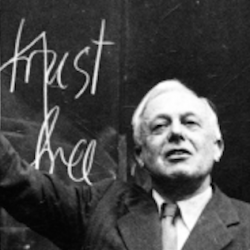With everyone abuzz with the latest Pew findings, one can hardly wait for the publication later this year of Robert Wuthnow’s Inventing American Religion.
Polls haven’t always, of course, played so prominent a role in our understanding of American religion as they do today. They have not always been treated as “the trusted oracles of the day.”
Wuthnow’s book traces the history of how religious polling in the U.S. grew out of community surveys designed to assess needs. He reviews some of the forgotten debates about its value for grasping public religion, and explains how polling works, what sorts of questions get asked, and why the questions asked may not be very revealing of something as complicated and subtle as religion. “When polls suggested that Americans unanimously believed in God,” Wuthnow points out, “closer investigation showed that doubt in varying degrees prevailed as well and that there were markedly different views of God. Tacit generalizations about ‘American’ religion were shown to pertain mostly to white middle-class Protestants.”
Polls lend a scientific aura to claims about religion, delivering truth with mathematical certainty. He wants to train us to be more skeptical: “When preachers cite polls as reasons why we should do this or that, shouldn’t we wonder about this form of argument? When we hear American religion characterized in particular ways because of polls, we should ask what exactly ‘American religion’ is, whose religion it refers to, and whether certain aspects of it are being emphasized while others are neglected.”
Before you cite Pew, remember this: We need to question “what counts as religion, whether counting it is the appropriate metaphor, and if it is, whether adequate attention is given to the political and ideological forces that may be shaping the counting.”















